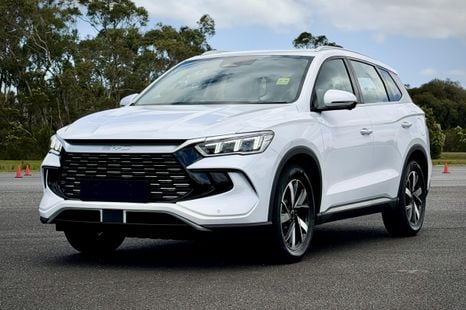

Ben Zachariah
2026 BYD Sealion 5 Essential review
55 Minutes Ago
Italy’s transport minister has voiced his opposition to the upcoming Euro 7 regulations requiring automakers to implement onboard emissions monitoring.

Contributor
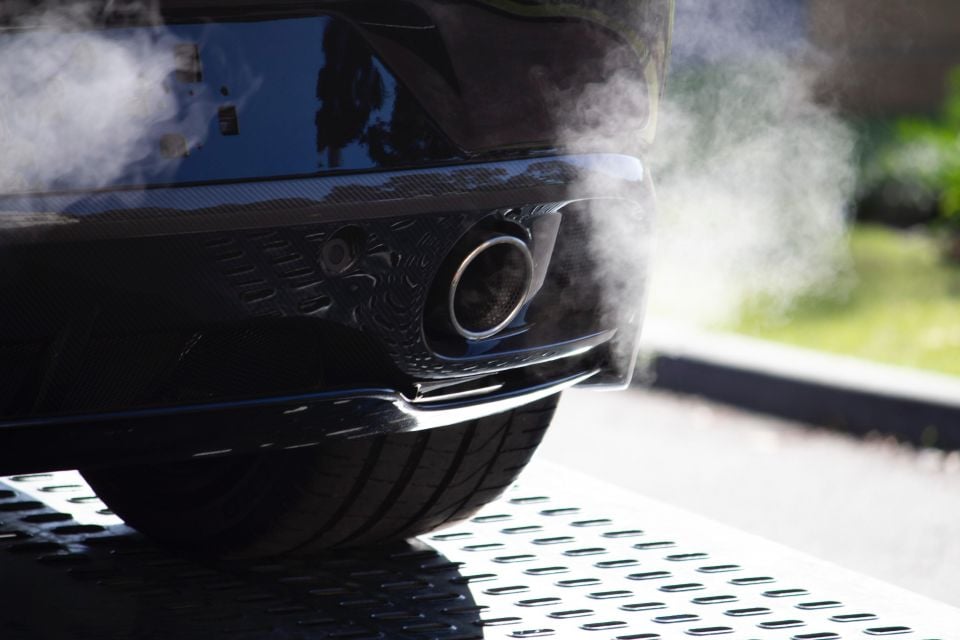

Contributor
Italy along with a number of other European nations are prepared to block the implementation of stricter Euro 7 emissions regulations, according to Italian transport minister Matteo Salvini.
Mr Salvini is the current Deputy Prime Minister of Italy and has been known to hold a critical view of the European Union.
He criticised the proposed Euro 7 regulations during an automotive dealer conference in Verona on Tuesday in remarks reported by Reuters, describing it as “clearly wrong” and environmentally unhelpful when considering the larger goal of electrification.
“Italy, with France, Czech Republic, Romania, Portugal, Slovakia, Bulgaria, Poland and Hungary, has the numbers to block this leap in the dark,” he said.
“We’re now a blocking minority, we want to become a majority.”

The Euro 7 standards, which will be applied to both petrol and diesel vehicles equally, are intended to cut nitrogen oxide (NOx) emissions by 35 per cent and lower tailpipe particulates by 13 per cent compared to the previous Euro 6 regulations.
Proposed amendments for Euro 7 include expanding real-driving emissions (RDE) testing and introducing continuous monitoring of emissions through onboard technology.
Additionally, the regulation would encompass emissions from tyres, exhausts, and brakes.
European car manufacturers are also resisting the proposed emission regulations, arguing that they are expensive and rushed, taking away important time and resources from the electrification efforts of automakers.
Skoda has publicly expressed concerns over the potential impact of Euro 7 standards.
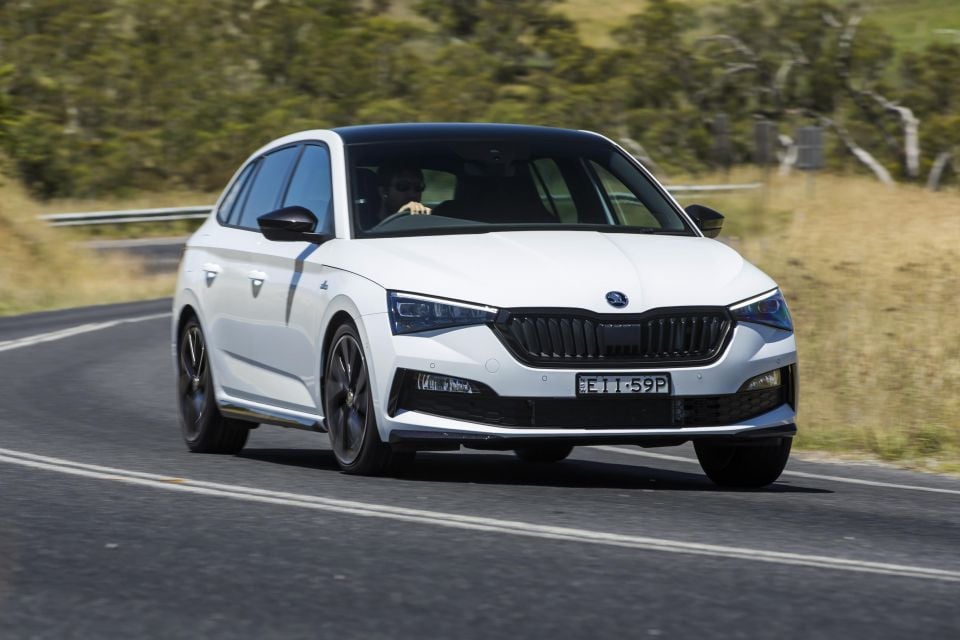
Jaroslav Povšík, the chairman of Skoda’s works council, stated the new regulations would significantly increase production and homologation costs for models like the Kamiq, Scala, and Fabia.
Skoda previously indicated it planned to oppose the regulations and collaborate with Daniela Cavallo, the chairman of the Volkswagen works council, to lobby against them at the European Commission.
However, the European Commission believes these regulations are crucial for reducing harmful emissions and preventing a recurrence of the Dieselgate scandal.
The European Union has been progressively tightening emission limits since the introduction of Euro 1 standards in 1992.
If implemented, Euro 7 would be effective from mid-2025 for cars and mid-2027 for trucks and buses.
In addition to threatening to block Euro 7, Italy had also opposed the upcoming 2035 ban on new combustion-powered vehicle sales in Europe. This was finally passed, but not before a significant exemption made for automakers wanting to use synthetic fuels.


Ben Zachariah
55 Minutes Ago
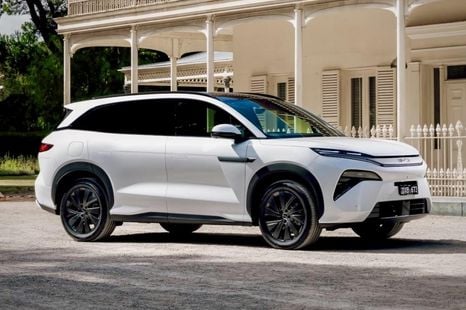

Ben Zachariah
55 Minutes Ago
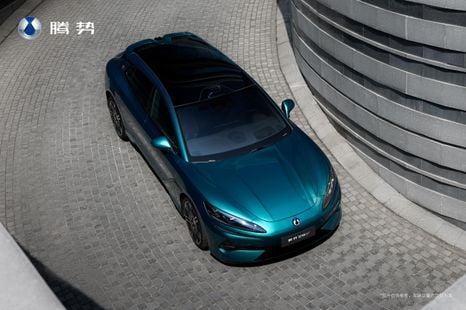

William Stopford
6 Hours Ago
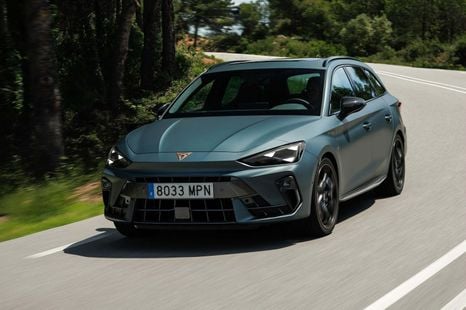

William Stopford
8 Hours Ago


Damion Smy
10 Hours Ago


Damion Smy
12 Hours Ago
Add CarExpert as a Preferred Source on Google so your search results prioritise writing by actual experts, not AI.